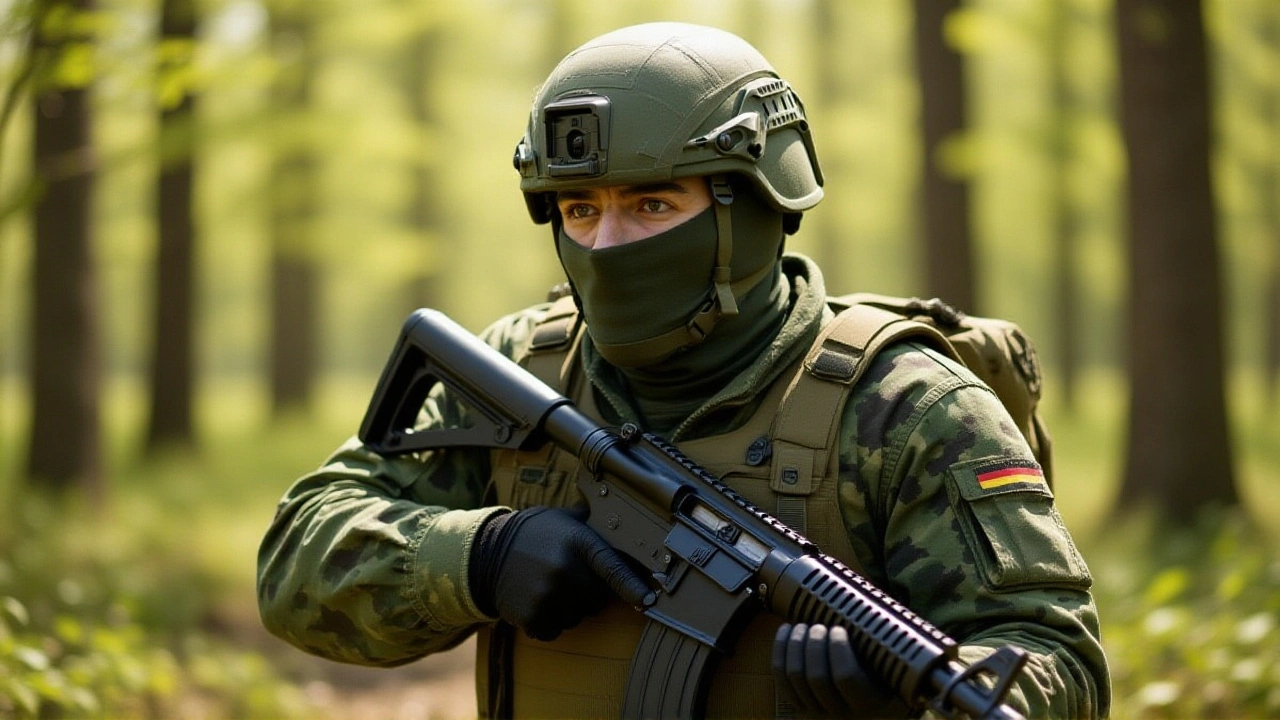Boris Pistorius – německý ministr obrany a bezpečnostní politika
When talking about moderní obrannou strategii v Evropě, je dobré začít s Boris Pistorius, německý politik, který od 2023 působí jako ministr obrany a řídí Bundeswehr. Also known as Bundesminister der Verteidigung, he plays a central role in shaping Germany’s defense agenda, coordinating with allies and overseeing procurement reforms. His background in interior affairs gives him a clear view of internal security, which dovetails with external threats. Boris Pistorius thus connects domestic protection and international deterrence in a single office.
Klíčové souvislosti a partnerství
One of the first entities linked to Pistorius is NATO, severoatlantický obranný pakt, který zahrnuje 31 členských států. The alliance’s collective defence clause (Article 5) requires Germany to maintain capable armed forces, so Pistorius must ensure the Bundeswehr meets readiness standards. A second related entity is the Bundeswehr, německé ozbrojené síly, zahrnující pozemní, letecké a námořní složky. Modernising this force involves new procurement cycles, digitalisation projects, and a focus on rapid deployment capabilities. A third pivotal partner is Olaf Scholz, spolkový kancléř Německa, který jmenoval Pistoriuse na ministerský post. Scholz’s political direction sets budget priorities, which directly influence Pistorius‑driven reforms. Together these entities create a network where policy, budget, and military capability intersect.
Semantic connections emerge clearly: "Boris Pistorius oversees the Bundeswehr, which is part of NATO’s collective defence"; "German defence policy requires close cooperation with European partners"; "The current geopolitical tension with Russia influences German security decisions"; "Olaf Scholz appoints Pistorius, linking political leadership to defence reforms"; and "NATO demands interoperable capabilities, prompting Pistorius to push for modern equipment". These triples illustrate how each component relies on the other, forming a cohesive security ecosystem. Readers will also find coverage of related topics such as European security initiatives, defence spending trends, and the impact of cyber‑threats on national strategy.
Below you’ll discover a curated set of articles that dive deeper into Pistorius’s initiatives, NATO cooperation, Bundeswehr modernization, and the broader German security debate. Whether you follow defence budgeting, alliance politics, or the practical challenges of military reform, the collection offers concrete insights and up‑to‑date analysis that build on the relationships explained above.

Boris Pistorius prosazuje novou vojenskou službu – Německo míří na 260 000 vojáků
Německo schválilo návrh zákona o vojenské službě, který má od ledna 2026 zvýšit počet vojáků na 260 000. Ministr Pistorius, Merz a Wadephul diskutují o dobrovolnosti vs. povinnosti.